Legal Scope & Disclaimer
At ParentLegal, we believe in clarity — not just in court documents, but also in the way we explain what we can and cannot do.
This page outlines the legal limits of our service and what to expect when working with us. It’s written in plain English so you don’t need a law degree to understand it.
What We Are
ParentLegal is a support service for parents representing themselves in family court.
We help you:
Draft clear, persuasive court documents
Understand what to expect at each stage of the process
Plan your approach to hearings and submissions
Prepare your case like a professional — even if you’re not one
We do all of this without holding a solicitor’s practising certificate or calling ourselves a law firm. That’s intentional — it keeps costs down and puts control back in your hands.
What We’re Not
We’re not regulated by the Solicitors Regulation Authority (SRA) or Bar Standards Board. We’re not a law firm, and we don’t act as your solicitor or barrister.
This means:
We don’t formally represent you
We don’t submit forms on your behalf
We don’t give “legal advice” as defined by law
These limitations don’t mean you’re on your own — far from it.
What “Legal Advice” Actually Means
Under the Legal Services Act 2007, “legal advice” refers to certain types of personalised, definitive guidance about legal rights and responsibilities, which only regulated professionals can provide.
We stop short of giving that kind of advice. But we still:
Help you think through your options
Guide you on how to structure arguments
Explain what steps are usually taken next in proceedings
Many parents find this kind of practical, strategic support more helpful than traditional legal advice — and often easier to understand.
Forms and Documents
We do not send anything on your behalf. That’s a solicitor’s job.
However, we can:
Draft your applications and statements
Help structure your court bundle
Write letters and emails with a professional, assertive tone
You press send — but we help you make sure what you’re sending is clear and effective.
Court Hearings
We cannot speak for you in court.
However:
In some cases, we can attend hearings with you (as a McKenzie Friend, with the judge’s permission)
We can sit beside you in court and quietly guide you
We help you rehearse submissions, anticipate questions, and build confidence before you enter the courtroom
Think of us as your coach behind the scenes — often in the room, but not at the microphone.
Communicating with the Court
We can’t email or call the court for you. But we can:
Draft the emails and letters for you
Help you script phone calls
Clarify what to say and how to say it
You stay in control — with none of the guesswork.
Are We Less Reliable Than Solicitors?
Solicitors are regulated professionals with formal training. Some are excellent. Others are overworked and impersonal.
We’re something different:
Clarity over jargon
Support over formality
Affordability over hierarchy
We don’t replace solicitors. But for many parents, we offer a more strategic and empowering option — one that keeps you in control and costs far less.
Our Limits — in Legal Terms
ParentLegal:
Does not offer legal advice as defined by the Legal Services Act
Is not regulated by the SRA, BSB, or any legal authority
Does not act on your behalf
Is not liable for the outcome of your case
All decisions and submissions remain your responsibility. We support you — we don’t replace your judgment.
When You Might Still Need a Solicitor or Barrister
There are times when regulated professionals are needed, such as:
Complex legal arguments or appeals
Fact-finding or final hearings
Situations where someone needs to speak on your behalf in court
We’ll always be upfront if we think you’re approaching that point. Everything we’ve helped you prepare — from bundles to draft statements — can be handed over to a solicitor or barrister if needed.
Jurisdiction
Our service is for family law cases in England and Wales. We do not support:
Scottish or Northern Irish cases
International matters
Criminal or immigration law
Questions or Concerns?
If you’re ever unsure whether something we’re providing counts as legal advice, just ask. We’ll explain — and if needed, we’ll direct you to someone who is regulated.
